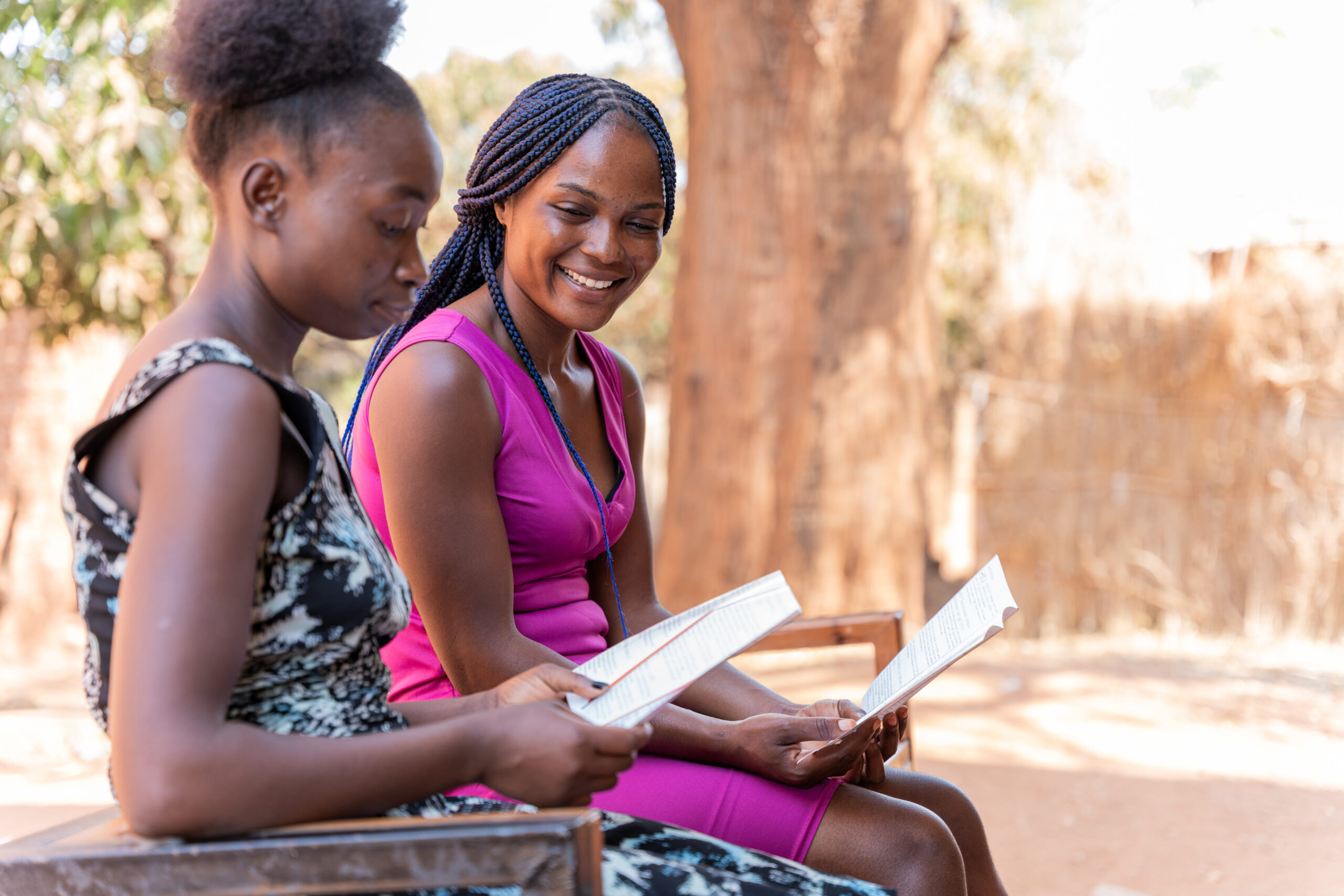
Reproductive choice is shaped by many factors. These include an individual’s knowledge and attitudes, but also the informal rules and expectations set by their community. These ‘social norms’ often define what are acceptable sexual and reproductive health decisons and behaviours.
Social norms affect the decisions of most people at one time or another, but they can particularly impact marginalised groups. Programming that addresses social norms helps to ensure that everyone can exercise their rights to sexual and reproductive health.
MSI country programmes work to encourage positive norm change in different ways.
In Burkina Faso, where social norms see significant pressure placed on newly married couples to grow their family quickly, peer discussions among new fathers, following a quick game of football, are being used to explore some of the expectations and norms related to that pressure, to open up dialogue.
In Zambia, community leaders are encouraged to step into the shoes of adolescents through the use of a Pathway Game that helps promote support for young people’s access to sexual and reproductive healthcare, among this influential group.
In Niger, we are working with religious leaders to shift norms around the use of contraception and create action plans for them to champion contraception for birth planning in their own communities.
Under the FCDO-funded WISH programme, MSI’s commitment to social norms programming culminated in the development of our flagship MSI Social Norms Hub, bringing together easy-to-understand social norms theory, and practical guidance for our teams on how to translate this into impactful programming.








